
G.K. Chesterton once said that superstitions are most prevalent in rationalistic ages like our own. One of these superstitions is evident in the answer you often hear to the question, “What is the difference between fiction and nonfiction?” When asked to distinguish between the two, some people say that, while nonfiction is true, fiction is … Continue reading

Harry Potter and the Attack of the Critics
That the greatest publishing event in history should turn out to have been a children’s book about an English orphan boy training to be a wizard has, depending on who you are, been a cause for celebration – or a matter of concern. There are parents whose children wait for months for the next volume in the … Continue reading
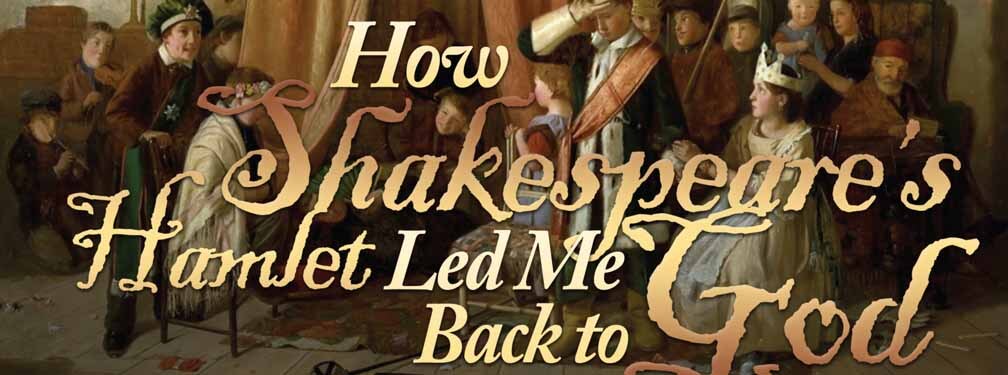
How Shakespeare’s Hamlet Led Me Back to God
The great books speak to us of honor and love and sacrifice; but they do not always speak in familiar phrases. They do not tell us what we already know. Transcending current opinion and fad, through symbol and metaphor they reveal a clear and uncluttered access to the realities that determine our lives. Sometime back, … Continue reading

Logic is Human: Literature is Angelic
Both “A” and “not A” cannot be true at the same time and in the same respect. Napoleon was the emperor of France or he was not; water is made of two hydrogen molecules and an oxygen molecule or it is not – in each case, both things cannot be true at the same time in the … Continue reading
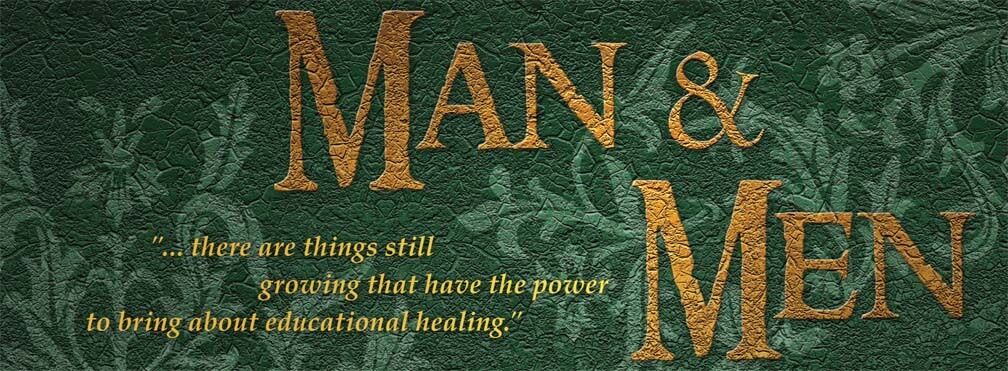
There is a passage in J. R. R. Tolkien’s Lord of the Rings in which Aragorn asks for some leaves of athelas, a healing herb brought by the Men of the West into Middle Earth, and which is now called “kingsfoil.” Minas Tirith, the chief city of Gondor, is celebrating its successful defense against the … Continue reading
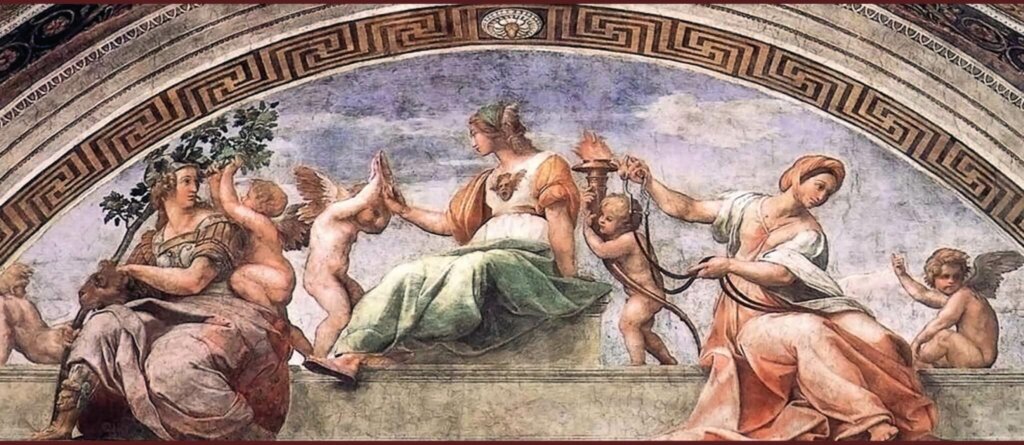
Why Telling Stories to Our Children is the Best Kind of Character Education … In After Virtue, Alasdair MacIntyre observes that in all classical and heroic societies, “the chief means of moral education is the telling of stories.” In a real sense the heroes of the Iliad and the Odyssey were the moral tutors of … Continue reading
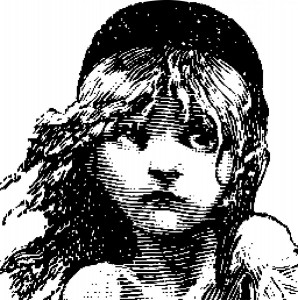
Sometimes our study of literature resembles a kind of clinical laboratory lesson. We encircle the text in our white coats, ready to dissect the story like a dead animal. Or, if this sounds too invasive or scientific, then we analyze the text in order to extract the “Elements of Literature” (the title of a recent big-press … Continue reading
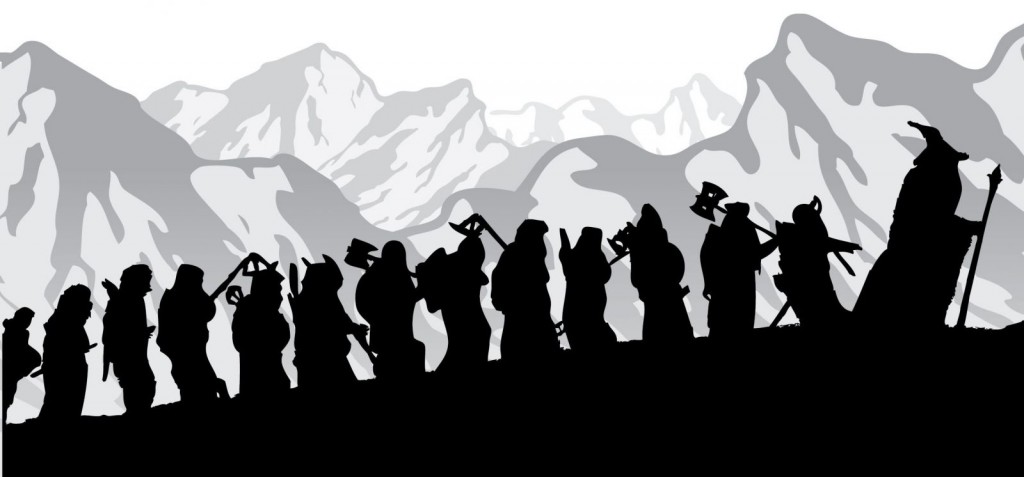
Four guidelines for viewers who plan to see the film adaptation of this Tolkien classic. 1. Recognize variations & what they do. To properly evaluate anything, basic knowledge precedes critical thinking. Viewers who have read Tolkien’s stories have the basic knowledge necessary to evaluate the films. By knowing the original story, one can identify what … Continue reading

How Poetry Helps Us Fathom the Unfathomable You’ve probably noticed that it can be difficult to explain why some things are true or obvious – like common sense, your grandmother’s wisdom, the distinct feeling of Sunday mornings, that you have a soul, or why your child should play outside rather than stare at a screen. This is so because … Continue reading

What the Classic Writers Knew That We Have Forgotten by G. K. Chesterton The highest use of the great masters of literature is not literary; it is apart from their superb style and even from their emotional inspiration. The first use of good literature is that it prevents a man from being merely modern. To … Continue reading
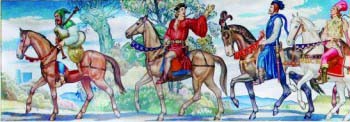
Marital Wisdom in Chaucer’s Canterbury Tales Chaucer and his Canterbury Tales might well be the cardinal literary élan of the Middle Ages. Before considering Chaucer’s contribution to marriage, let us begin with a brief look at his legacy. By the late fourteenth century, it had become commonplace for the last couple hundred years to take … Continue reading
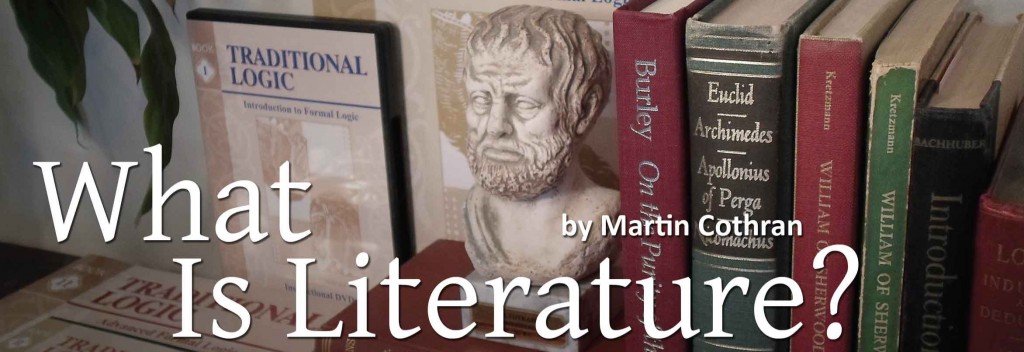
What is the classical view of literature and art? In his book The Mirror and the Lamp, M. H. Abrams observed that art could be viewed from four different perspectives: First there is the emphasis on the universe of art, that is, the thing or idea the work is about, its subject; for example, Mona … Continue reading

Love in the Heart of This Fairy Tale Is out of This World
Because our most fundamental realities are immaterial – like love and death – few artistic forms remain as capable as fairy tales and poetry for housing such depths. Fairy tales carry us from the prosaic landscape of our workaday rhythm to mountain streams of simple wonder and truth. No filter necessary to drink of this pure water, just the … Continue reading

One Saturday many years ago, when even my oldest children were young, we had a visit from two friends, Jim and Renee. They were not quite my parents’ age, but they were old enough that they had just become grandparents. We invited them in, and, as happened when anyone entered our home at that time, … Continue reading

There Is No Nature Without Mother
What I Learned From My Mother Julia Kasdorf I learned from my mother how to love the living, to have plenty of vases on hand in case you have to rush to the hospital with peonies cut from the lawn, black ants still stuck to the buds. I learned to save jars… Continue reading
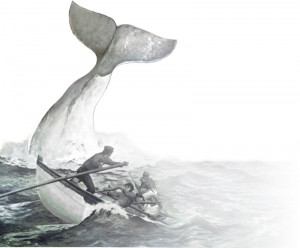
Herman Melville’s Literary Imagination
Herman Melville is often criticized for his long digressions in Moby-Dick. But Melville does not digress. His thoughts—even six hundred pages of his thoughts—really were worth writing down. My students, holding the inches-thick volume in their hands and perusing the table of contents, have trouble…Continue reading

Shakespeare (1564-1616) must have sensed these cultural changes deeply enough to predict and highlight the perils of individualism in some of his plays, namely Romeo and Juliet. In his time, and especially in the seventeenth century, the notion of the individual changed significantly in its relation to the church, the monarchy, society, personal freedom, the literary life, public and private life, and even … Continue reading
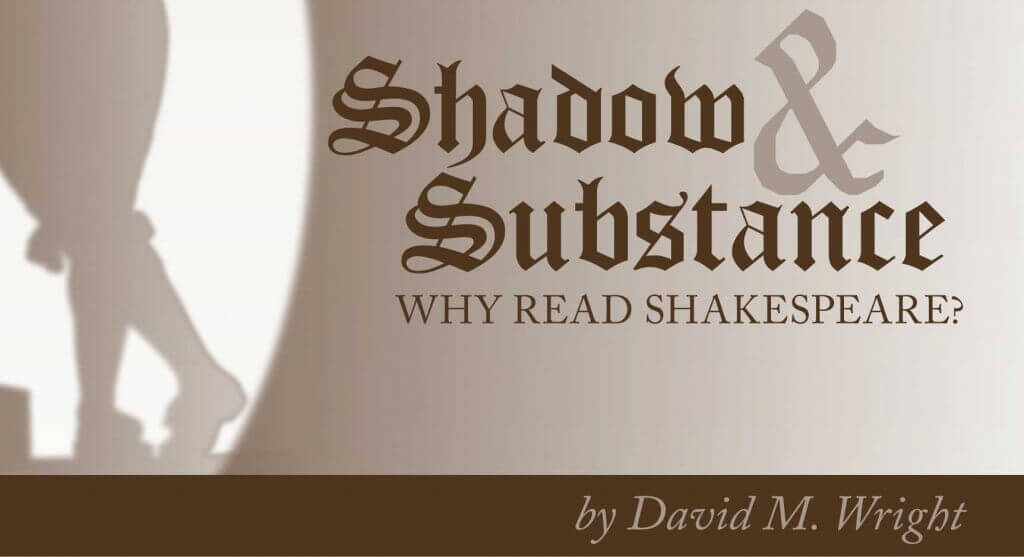
The contrast between shadow and substance singularly interested Shakespeare, as did the very nature of things themselves. He even makes use of profound concepts in logic, such as difference, property, and essence. In rhetoric, these are the topics of invention, for they concern the act of defining. So, then, let us define why we should … Continue reading
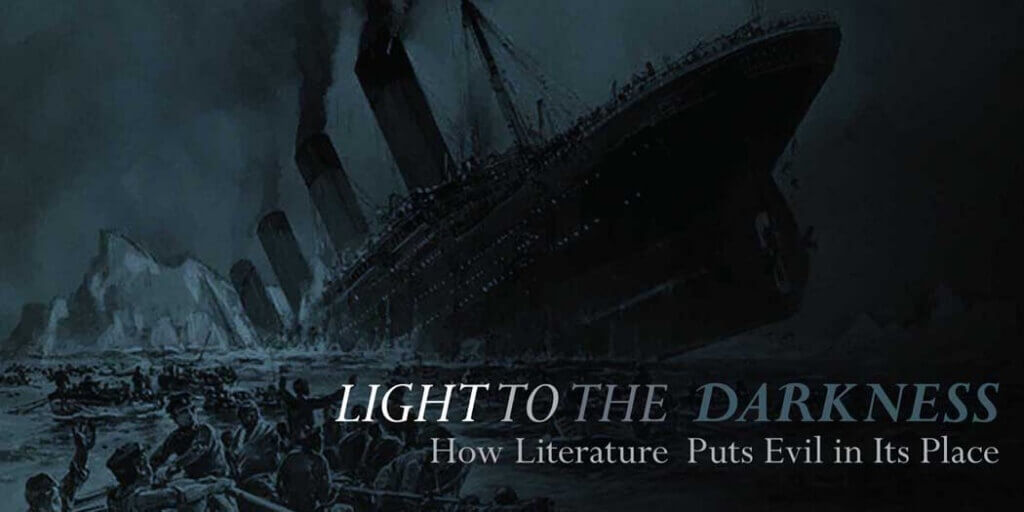
Narrative accounts and musical commemorations follow in the wake of every disaster. From the Iliad and the Odyssey, written about events related to the Trojan War, to Gordon Lightfoot’s “The Wreck of the Edmund Fitzgerald,” literature and music have dealt with destruction and death. What great crime doesn’t have its own documentary? What great disaster … Continue reading
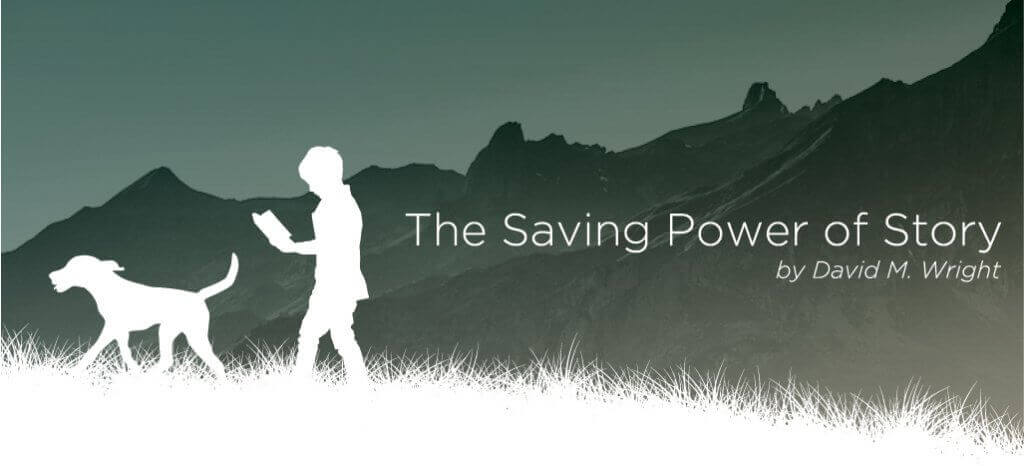
“Great works of art pass through us like storm winds, flinging open the doors of perception, pressing upon the architecture of our beliefs with their transforming powers …” – George Steiner One of life’s great little mysteries, if not ironies, remains the unpredictability of what children will grow up to do for their life’s work. … Continue reading
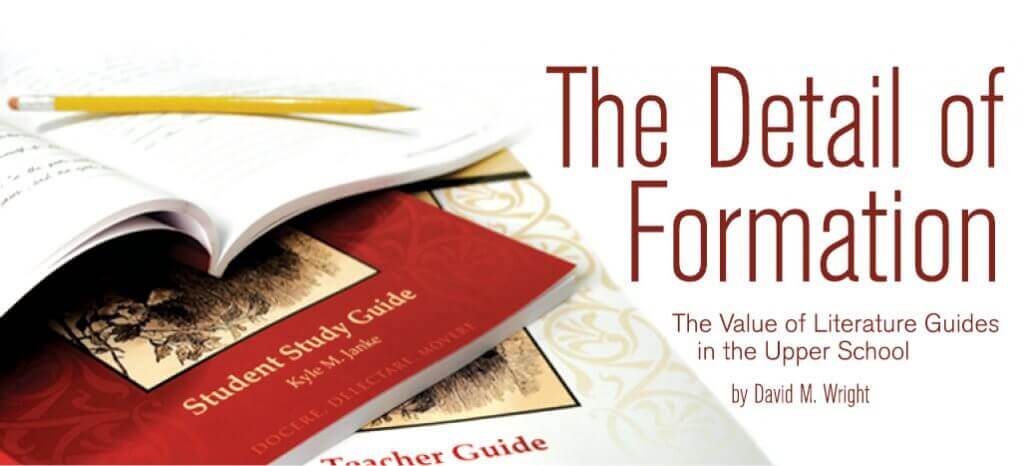
The art of teaching and studying literature is in one sense very simple, and yet, in another sense, complex. We might ask, is “God in the detail” or is the “Devil in the detail”? To answer such a question, it helps to remember that the idiom “God is in the detail” appeared first and holds … Continue reading
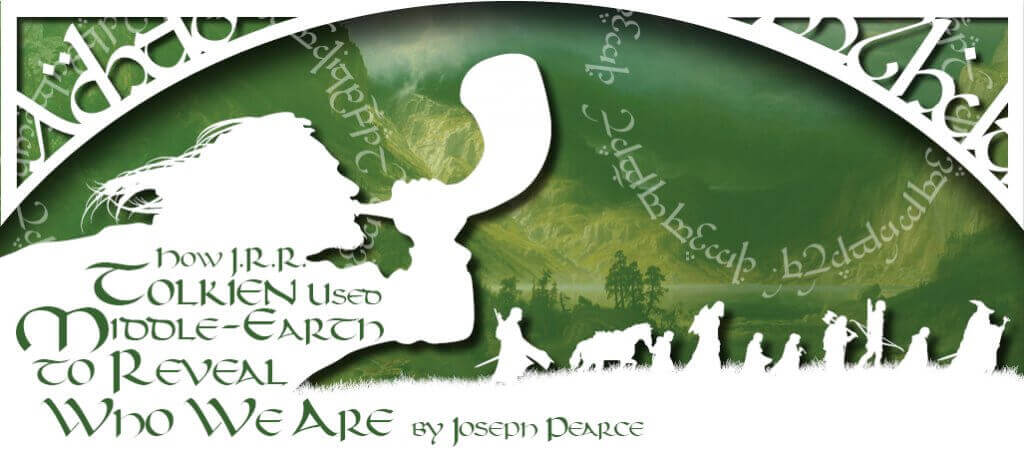
How J. R. R. Tolkien Used Middle-Earth to Reveal Who We Are
In his famous essay on fairy stories, J. R. R. Tolkien asserted that one of the most important facets of fairytales is that they hold up a “Mirror of scorn and pity towards Man.” The fairy story, Tolkien wrote, “may be used as a Mirour de l’Omme” (mirror of man), as something that shows us … Continue reading
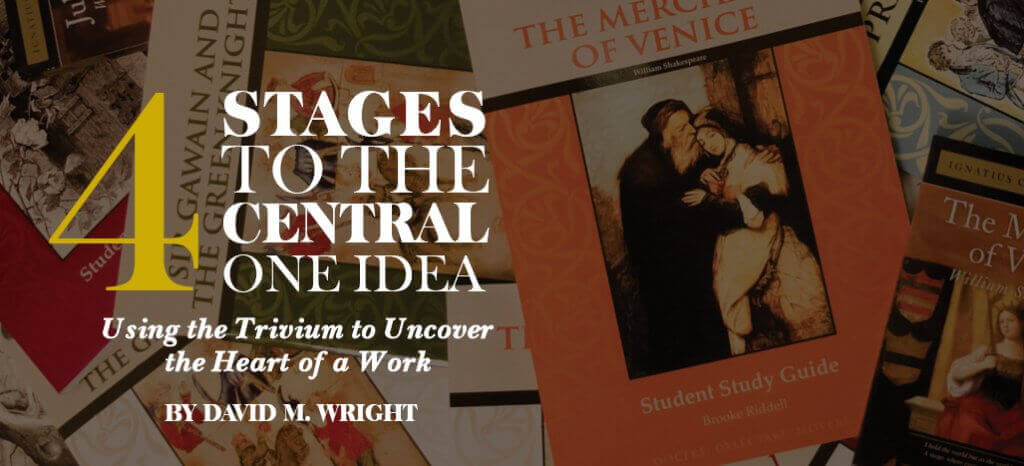
Four Stages to the Central One Idea
Parents often ask classical educators, “What good is Latin going to do for my child? Is spending all those years on a dead language really going to educate my child?” We trip over ourselves in pointing out the many benefits of learning Latin. It trains students to think logically, to better understand grammatical concepts, and … Continue reading
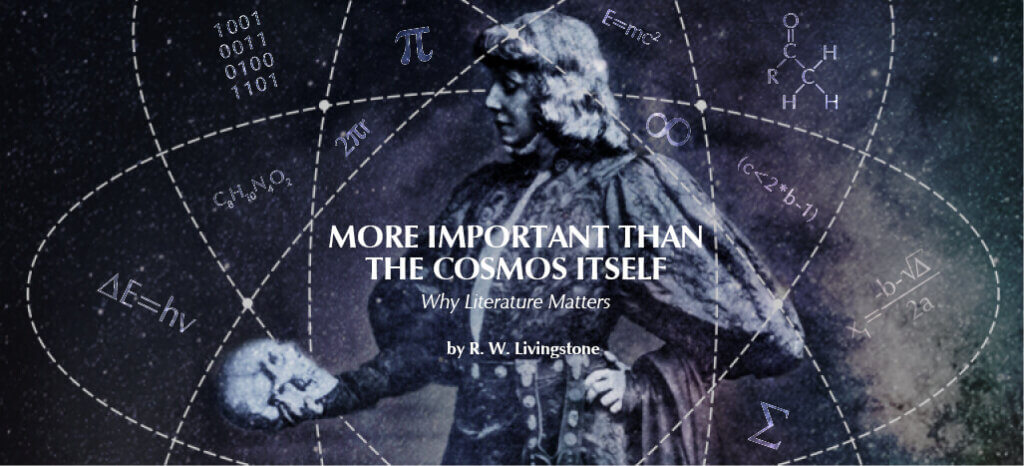
More Important Than The Cosmos Itself
Why study literature? This question is often asked by indignant parents, who want to know why their children, destined for business, learn fancy subjects instead of things serviceable to them in life. An open and alert mind – which understands human nature and its possibilities, which can judge and sympathise, which, because of its wide survey and … Continue reading
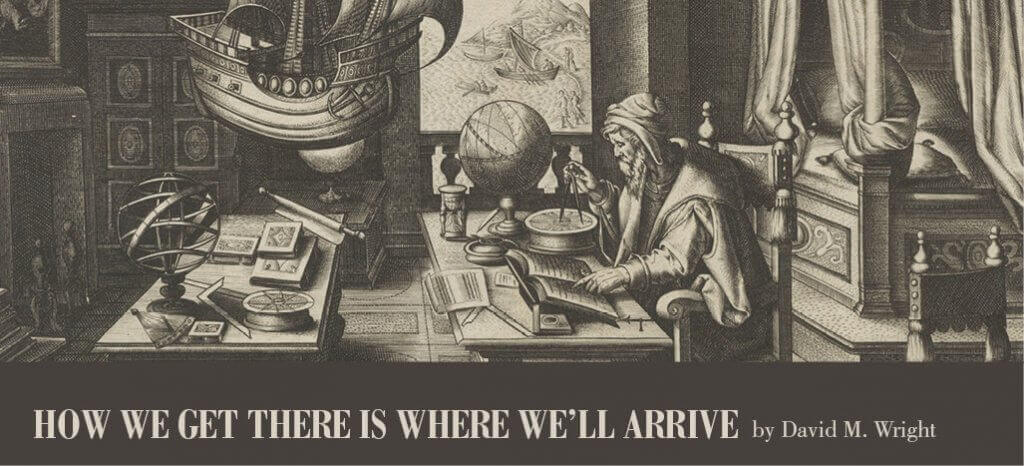
How We Get There Is Where We’ll Arrive
Heading Out Beyond here there’s no map. How you get there is where you’ll arrive; how, dawn by dawn, you can see your way to feel. You’ve no need now clear: in ponds, sky, just as woods you walk through give to fields. And rivers: beyond all burning, you’ll cross on bridges you’ve long lugged … Continue reading
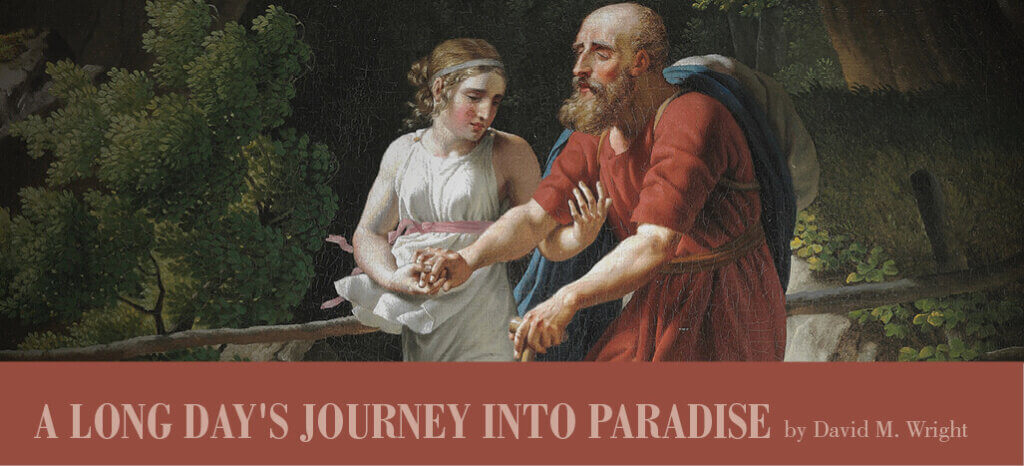
A Long Day’s Journey Into Paradise
In the Winter 2018 issue of The Classical Teacher, I wrote about the notion of the journey, suggesting that how we get to any worthy destination may in fact be the most important part of the experience. The journey is not always about the future destination; sometimes it is about the inner growth that takes … Continue reading
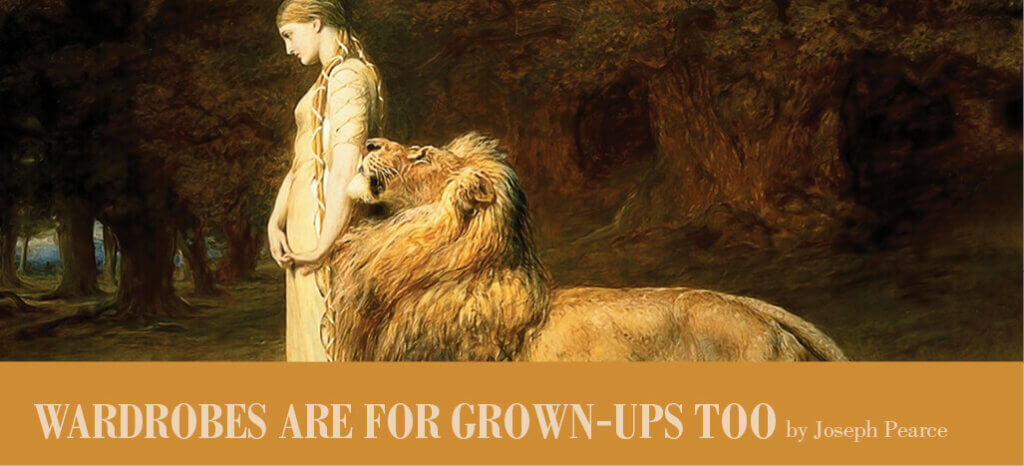
Wardrobes are for Grown-Ups Too
By any stretch of the imagination, and by any criteria, the Chronicles of Narnia are among the most popular books ever written. Several major surveys of the bestselling books of all time place The Lion, the Witch and the Wardrobe in the Top Ten, a few places below The Lord of the Rings by C. … Continue reading
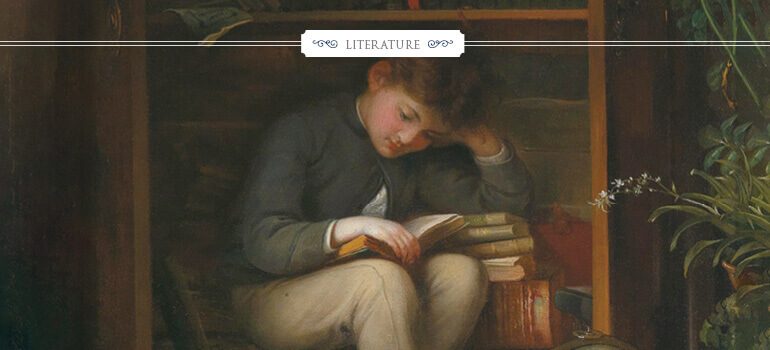
Amidst the gushing river of popular culture, the turbulent climate of politics, media bias, and misinformation, the tornadic winds of modern educational theories, and the volcanic eruption of screens and technology, a pertinent set of questions exists: Why read literature? Of what value is literature? It is helpful to think about the role of literature … Continue reading
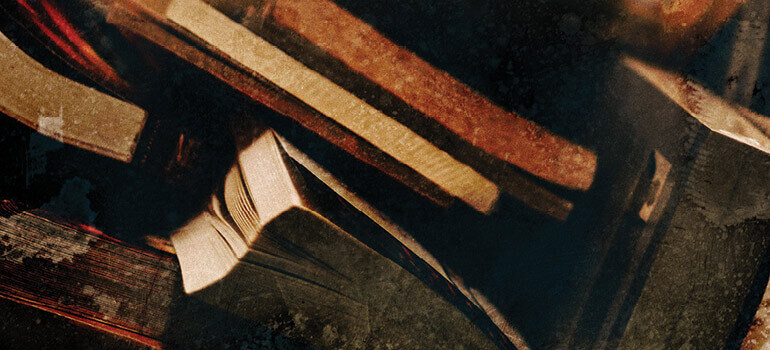
It goes without saying that the greatest pleasure of books is in the reading of them. The reader who has learned to appreciate the exhilaration and heartbreak of Charles Dickens; the vibrancy of life and sweeping human vision of Leo Tolstoy; the human drama and poetic insight of Shakespeare; the whimsical humor of P. G. … Continue reading
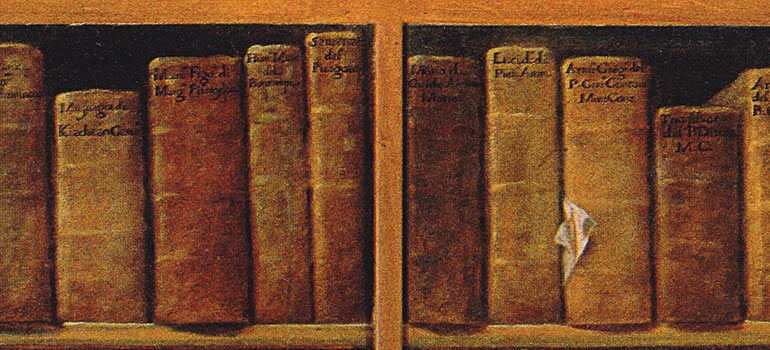
History must be constantly corrected and moderated by the seeing and handling of things. -Hilaire Belloc There are many reasons to collect books: admiration of an author, fascination with a subject or time period, love of the physical beauty of specially-printed or what are called “press books,” beautiful bindings, illustrations, even because it was a … Continue reading
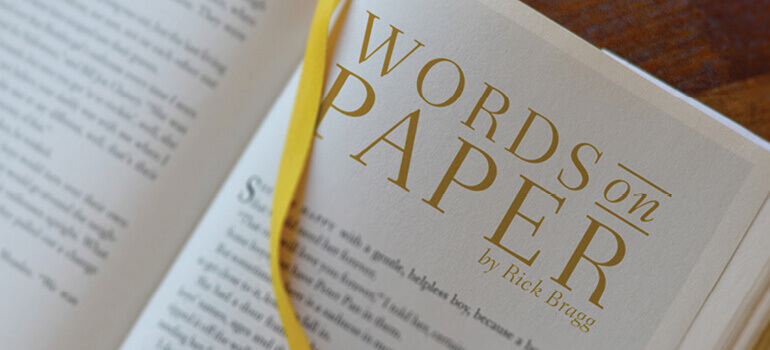
Here, between the shelves, I escape everything worrisome, petty, mundane. In late afternoon, as the weak winter sun begins its slide, pale yellow light washes through the west-side window of my office in Fairhope, Alabama, and something like magic floods the room. I sit in a big, soft chair, and the words that are bound … Continue reading
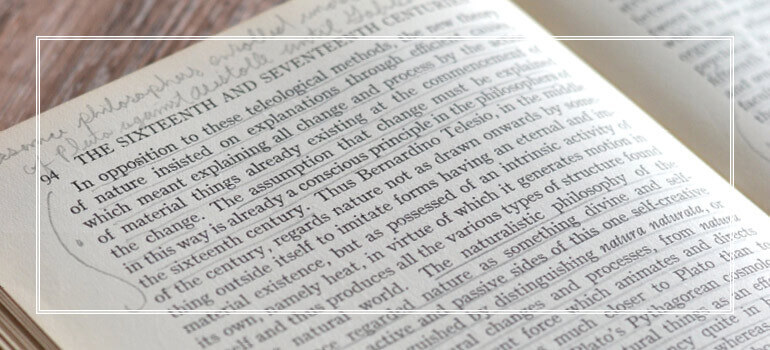
In 1929, children’s book author Anne Parrish was visiting Paris. She left her husband at a café to visit one of the city’s many bookstores. There she found a copy of Helen Wood’s Jack Frost and Other Stories, a favorite of hers from childhood. She returned to the café, sat down, and showed her husband … Continue reading
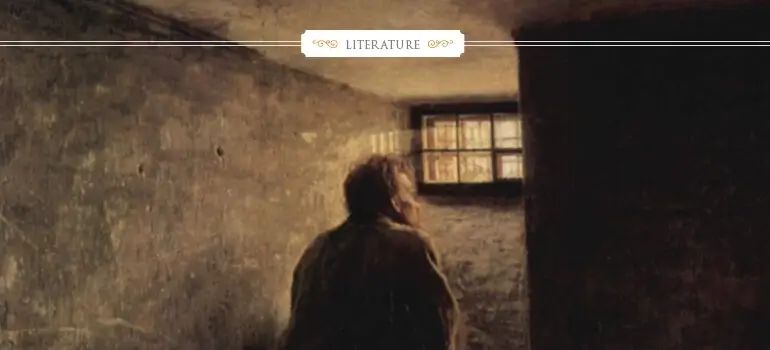
Many people see The Count of Monte Cristo by Alexandre Dumas as an amazing yarn, but not much more. And indeed, it boasts one of the most intricate, fascinating plots ever devised. But the tug-of-war between free will and Providence, between justice and revenge, between despair and hope make The Count of Monte Cristo much … Continue reading
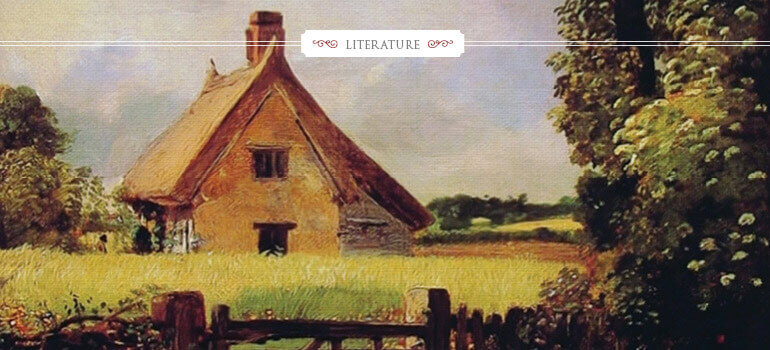
Dulce Domum: The Longing for Home in Literature
“If we find ourselves with a desire that nothing in this world can satisfy, the most probable explanation is that we were made for another world.” – C. S. Lewis Sweet Home. It’s more than just a lovely sentiment cross-stitched on a pillow. You might say it’s engraved, embedded, etched on our very souls. … Continue reading